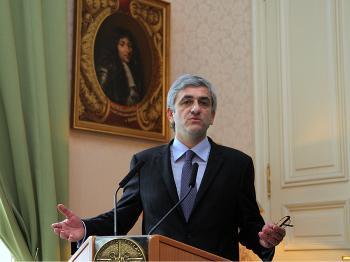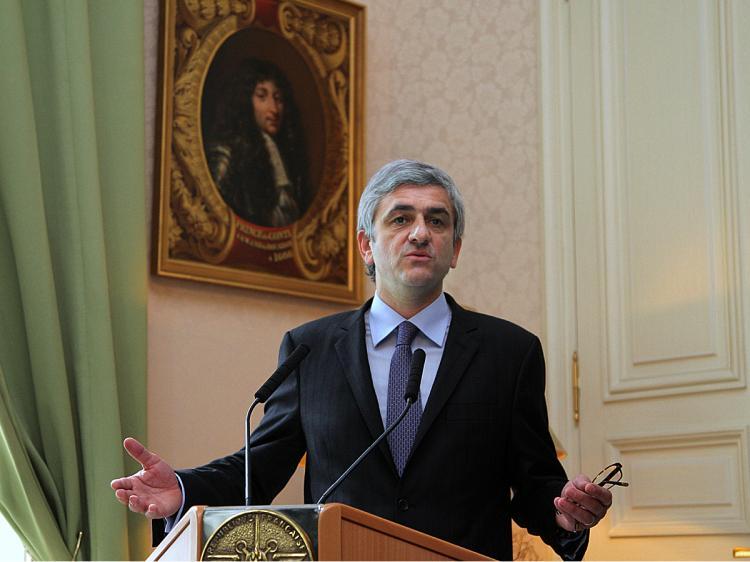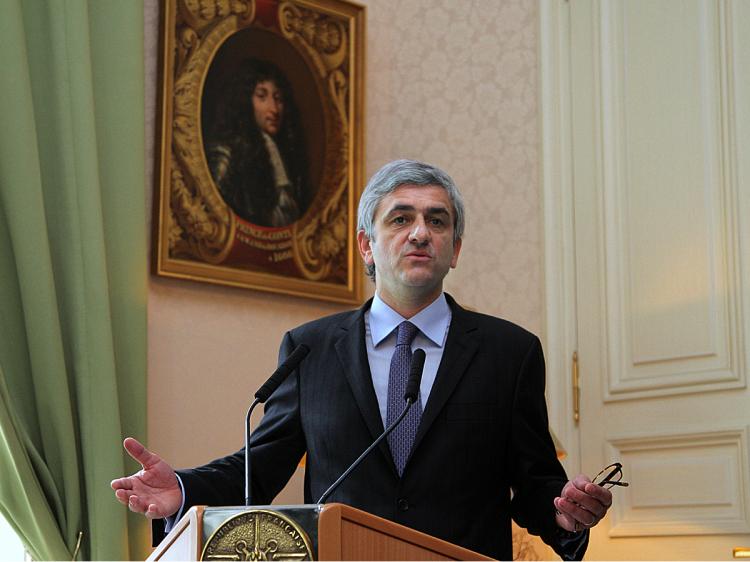The tests were carried out in the African Sahara and Polynesian Islands. In the former, France carried out 13 underground and four open-air nuclear tests, and in the Pacific, 193—46 of which were open-air—mobilizing almost 150 000 people.
“It is now time for our country to find peace with itself… thanks to a compensation system for the suffered damages,” explained Minister Herve Morin during a press conference.
The Minister acknowledged that in Sahara, 4 tests “were not properly confined,” and that in the Polynesian islands ten “were followed by significant radiations falls in the area.”
The first time France offered financial compensation on the matter was in June 2005, when French justice confirmed the causal role of the nuclear tests in the progressive muscular paralysis suffered by a retired military officer. The court then concluded that “Even if the plaintiff could not prove [the causal link] between his illness and radiations, French authorities could not prove that the disease was independent of the former job duty.”
Even so, this ruling was more an exception than a jurisprudential precedent—in February 2009 12 retired officers appealed in a Paris court after their claim for compensation was rejected.
The burden of proof will change with the new legislation. The alleged victim will not have to prove the link between his condition and the radiations, and the list of medical conditions open to compensation will be broadened.
Contrary to the US and UK, France had until today refused to officially recognize the problem. It is anticipated that several hundred retired military officers and civilians will now claim compensation.







